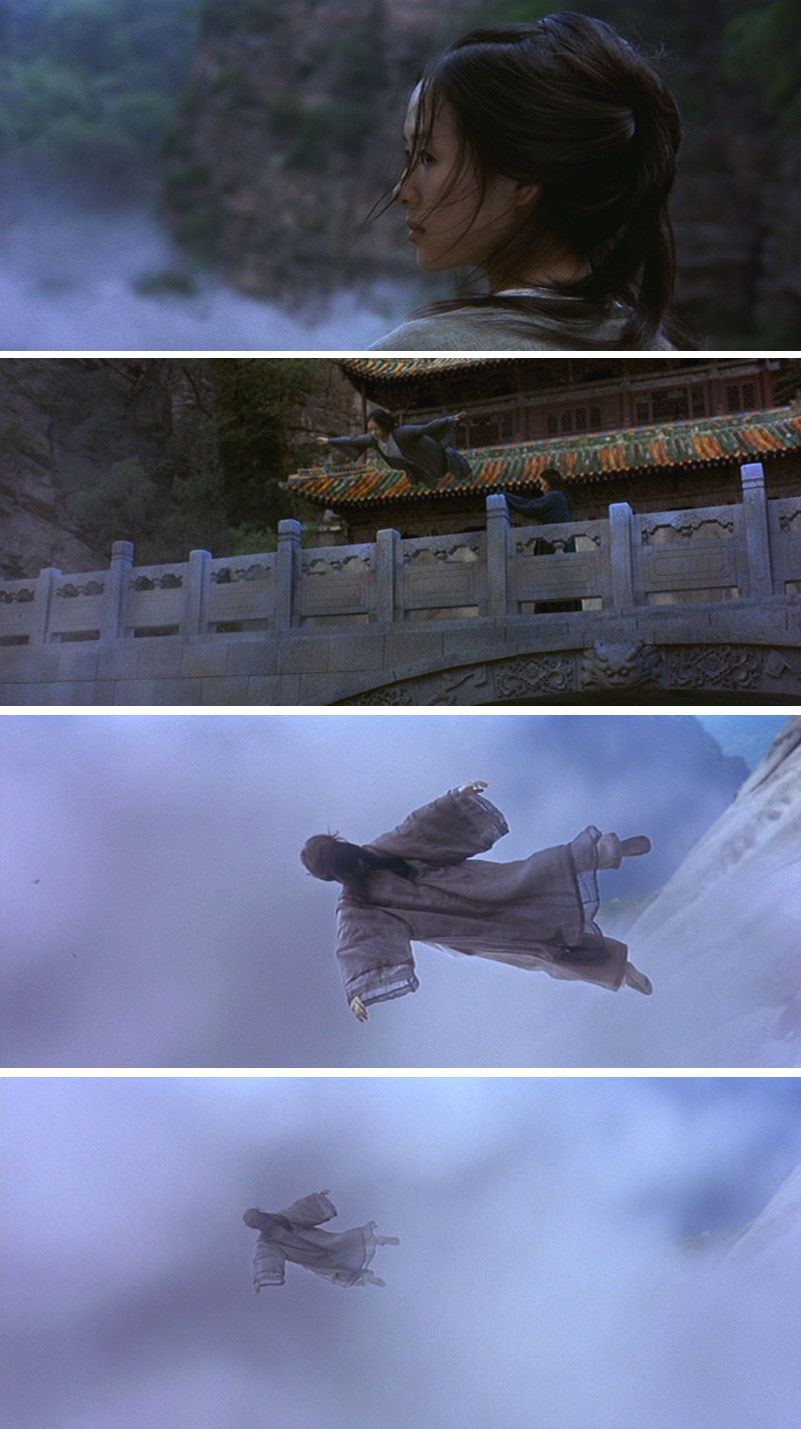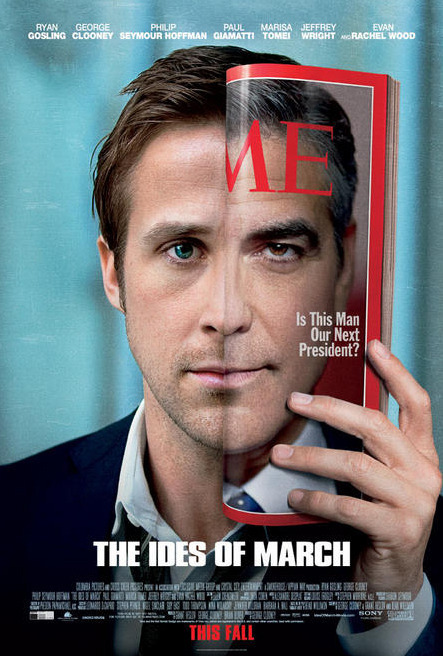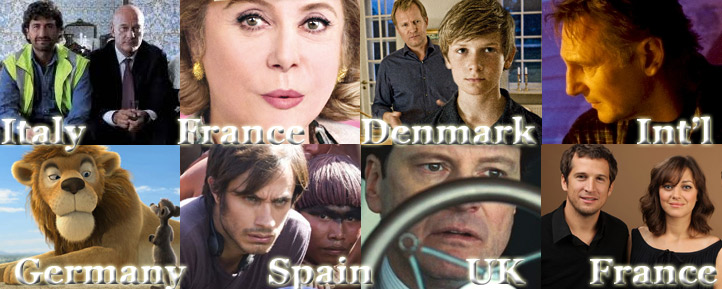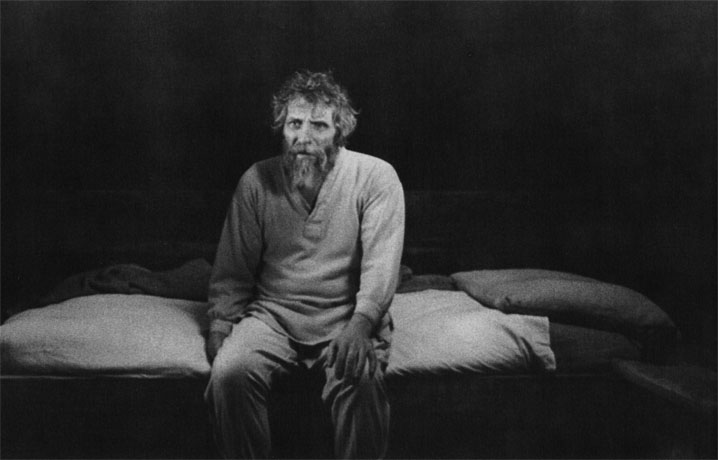Editor's Note: Please welcome Ferdi from Italy (pictured below) who has been a Film Experience reader for many years. He's also a critic for LoudVision so please visit them if you speak Italian. We're very happy to have him sending us bite-sized notes from Venice this year for The Film Experience. - Nathaniel R.
Ferdi reporting from the opening day of the 68th Venice Film Festival.
 TFE Correspondent Ferdinando Schiavone shot by Fabrizio Spinetta
TFE Correspondent Ferdinando Schiavone shot by Fabrizio Spinetta
The Ides Of March is exactly what we've come to expect from Clooney: a solid, classically made, political contemporary drama. It's got a subtle shakespearian twist, a sharp screenplay and a strong cast. (OK, Evan Rachel Wood is always Evans Rachel Wood but, dammit! she's always good). Ryan Gosling is undoubtedly best in show with a perfectly nuanced character arc. He sparkles most in a couple of tasty scenes with Wood. But poor Marisa Tomei is soooo underused (again!) and Clooney plays a character working up to a big speech in front of a live audience (again!). Nothing new or revolutionary here, but quite everything in the right place.
Hollywood glamour aside, it's quite a shy opening film for a festival this big. (Last year things were very different with the incendiary opener Black Swan.)
 Photo via Zimbio
Photo via Zimbio
Everyone has been saying that The Ides of March is a good movie (perhaps because it's talking about the right things in a serious way) but where are the emotions? Press reaction at the very first screening ranged from good to tepid, but it took the arrival of the stars at the press conference (all present but for Gosling) before you could feel warmth of unconditional love. How will the public react tonight when it opens the festival?

Editor's Note: Now check out these starry photos that Ferdi sent along from his photographer Fabrizio Spinetta from tonight's big event.
 George Clooney in Venice © Fabrizio Spinetta
George Clooney in Venice © Fabrizio Spinetta
Two more fun photos after the jump!
Click to read more ...
 Thursday, September 1, 2011 at 7:02PM
Thursday, September 1, 2011 at 7:02PM 













